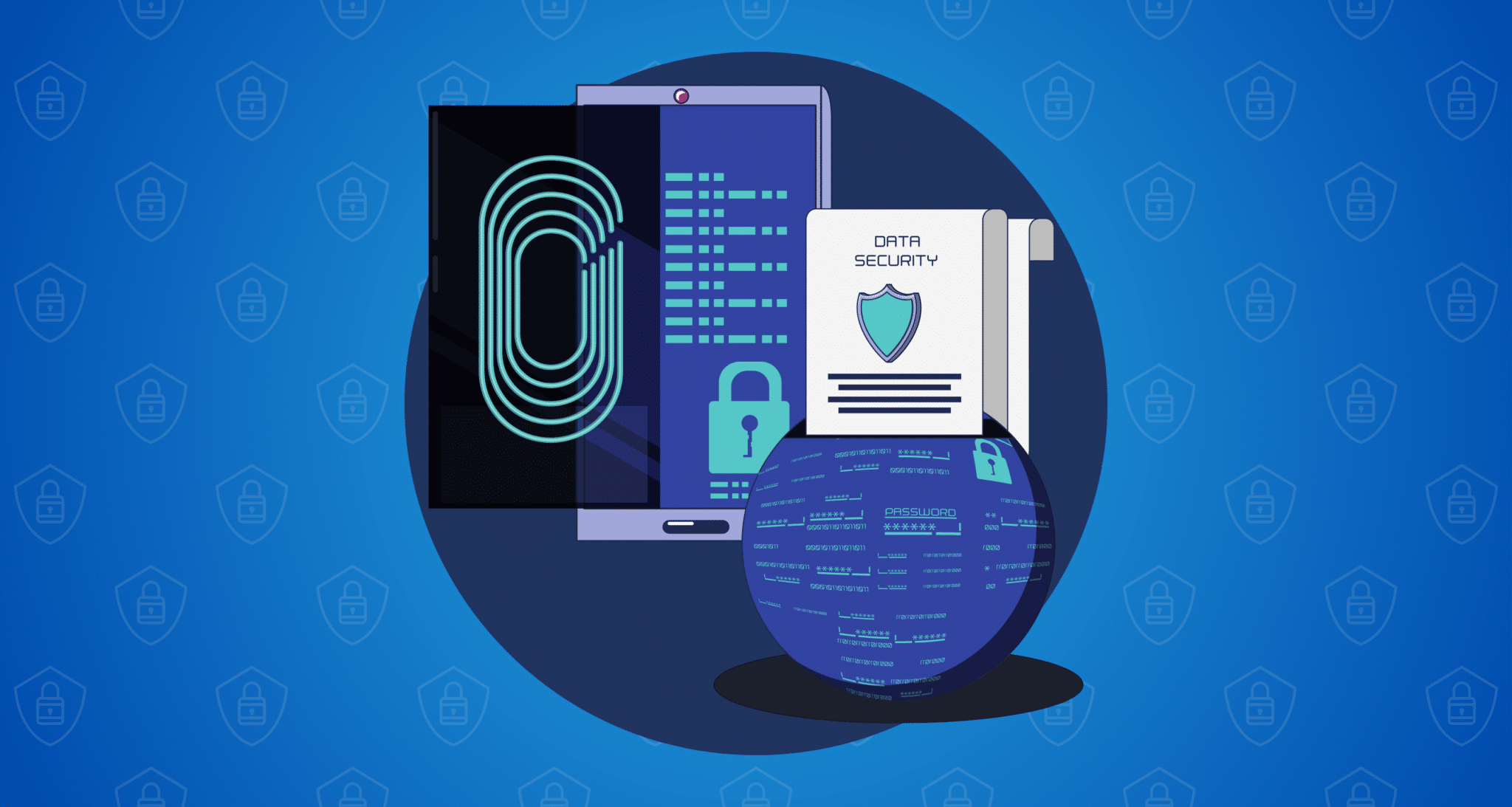
At least 36% of healthcare facilities have reported a spike in medical complications caused by ransomware attacks alone. Incidents like this are occurring more frequently, especially in hospital settings and other healthcare environments. Knowing this, more healthcare business owners are trying to obtain ISO 27001 certification.
ISO 27001, a globally recognized information security management system (ISMS) standard, was designed to provide a comprehensive framework for establishing, implementing, sustaining, and continuously improving information security within healthcare organizations.
The concept of this framework is built for risk mitigation, and this is why certification is becoming more popular. It proves that your business is protecting its assets, and it also shows that you are intentionally and proactively trying to protect your clients and their assets. In 2023 alone, 88% of healthcare organizations experienced at least one cyber attack, and during that spike of attacks, it was no surprise that we saw a continued interest in and need for ISO 27001 certification.
Keep reading to find out what ISO 27001 compliance is and why it’s essential to your security strategy.
What Is the ISO 27001 Compliance Standard?
Cyber resilience and continuous risk control are two of the primary elements of the ISO Compliance standard. More than 2.1 million companies are generally ISO certified, and in healthcare specifically, more than 60,000 organizations are taking advantage of this leading international information security standard. ISO 27001 is meant to provide healthcare organizations with the necessary tools and primary methodologies to identify vulnerabilities, assess risks before they occur, and implement robust security controls that are tailored to their operational needs.
The main turning point for a lot of businesses is the way this framework fills in the gaps within compliance. ISO 27001 controls were made to cover areas that HIPAA doesn’t. Considering that HIPAA only regulates the protection of PHI, it’s not surprising to see why businesses want to utilize ISO 27001 to their benefit.
Establishing an Information Security Management System With ISO 27001 Certification
Developing an information security management system (ISMS) doesn’t have to be complex if the most appropriate framework guides its development. One of the most popular options is to base your ISMS on the ISO 27001 standard. ISO 27001 standard and certification simply means that your business complies with the latest quality process standards that have been established by the International Standards Organization (ISO).
Aligning ISO guidelines to your business is how you would start developing your ISMS. Some of the steps would include:
- Initiating Information Security Commitment
- Identifying ISO 27001 Requirements
- Conducting A Comprehensive Risk Assessment
- Establishing Primary Objectives
- Implementing ISO 27001 Controls
- Measuring Effectiveness and Efficiency
- Improving Reviews Over Time
- Performing an External Audit
The purpose is to demonstrate your effort in implementing information security management best practices. Doing so will result in a variety of benefits, from global credibility to enhanced operational efficiency.
Recognizing the Benefits of ISO 27001 Certification
The benefits of ISO 27001 vary, but its primary advantage is that it helps to secure patient information by prioritizing enhanced information security and streamlining risk management. Other notable benefits of this framework are:
- Increase in client trust
- Regulatory Compliance Management and upkeep
- Adoption of a risk-based approach
- Prevention of financial loss and “breach of security” incidents
ISO 27001 compliance proves that your company prioritizes action against security threats. It also ensures data integrity and makes access control more easily manageable, which essentially protects your business’s reputation.
Securing Support Before Pursuing ISO 27001
Simply put, ISO 27001 certification can help you avoid financial penalties and provide protection for your business. This not only safeguards your brand’s reputation but puts you ahead of both your direct and indirect competition.
HIPAA compliance seems simple, yet the number of healthcare data breaches isn’t necessarily decreasing. While ISO 27001 certification can help with regulatory, legal, and business requirements, this type of certification may not always be the appropriate option for what your business needs.








